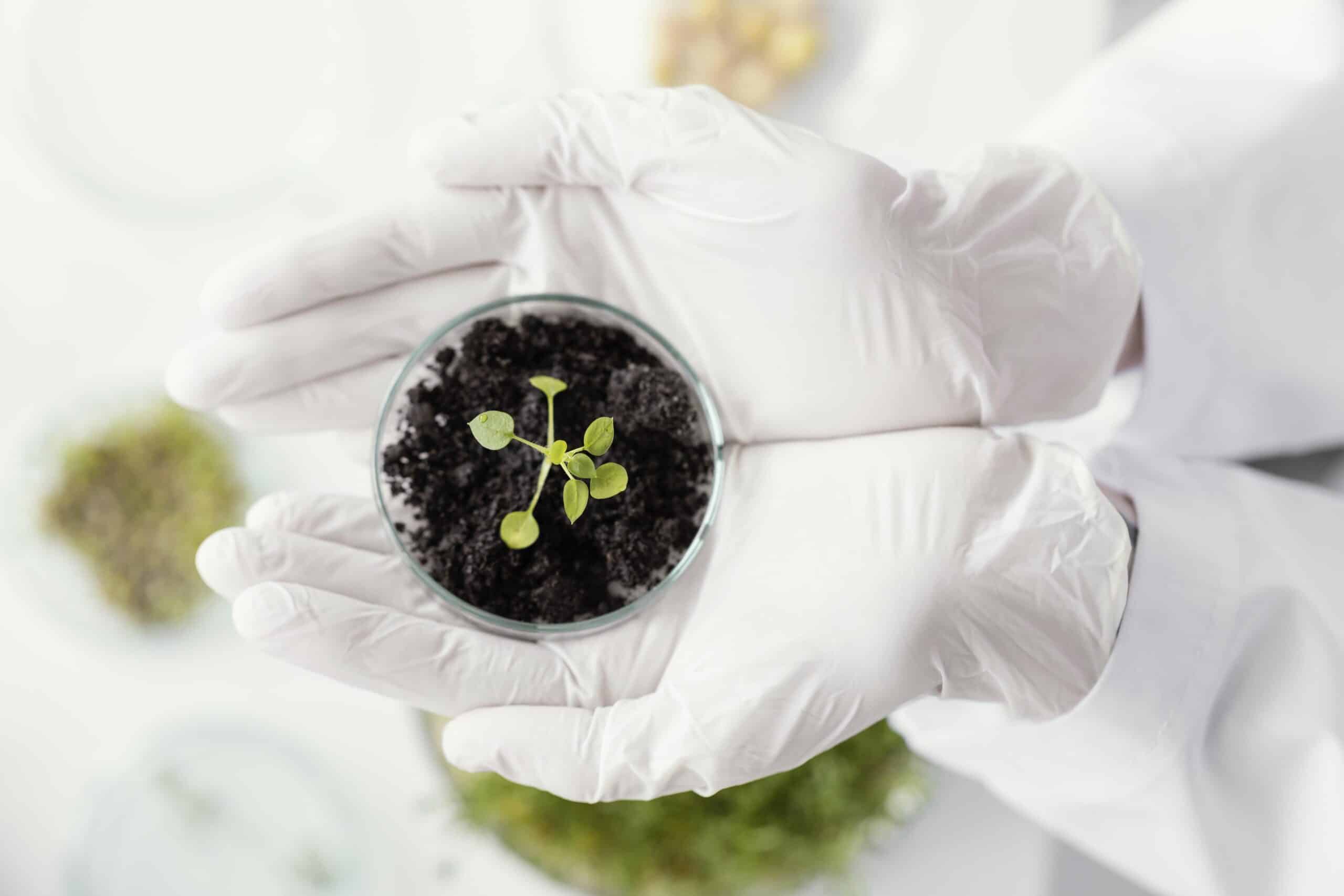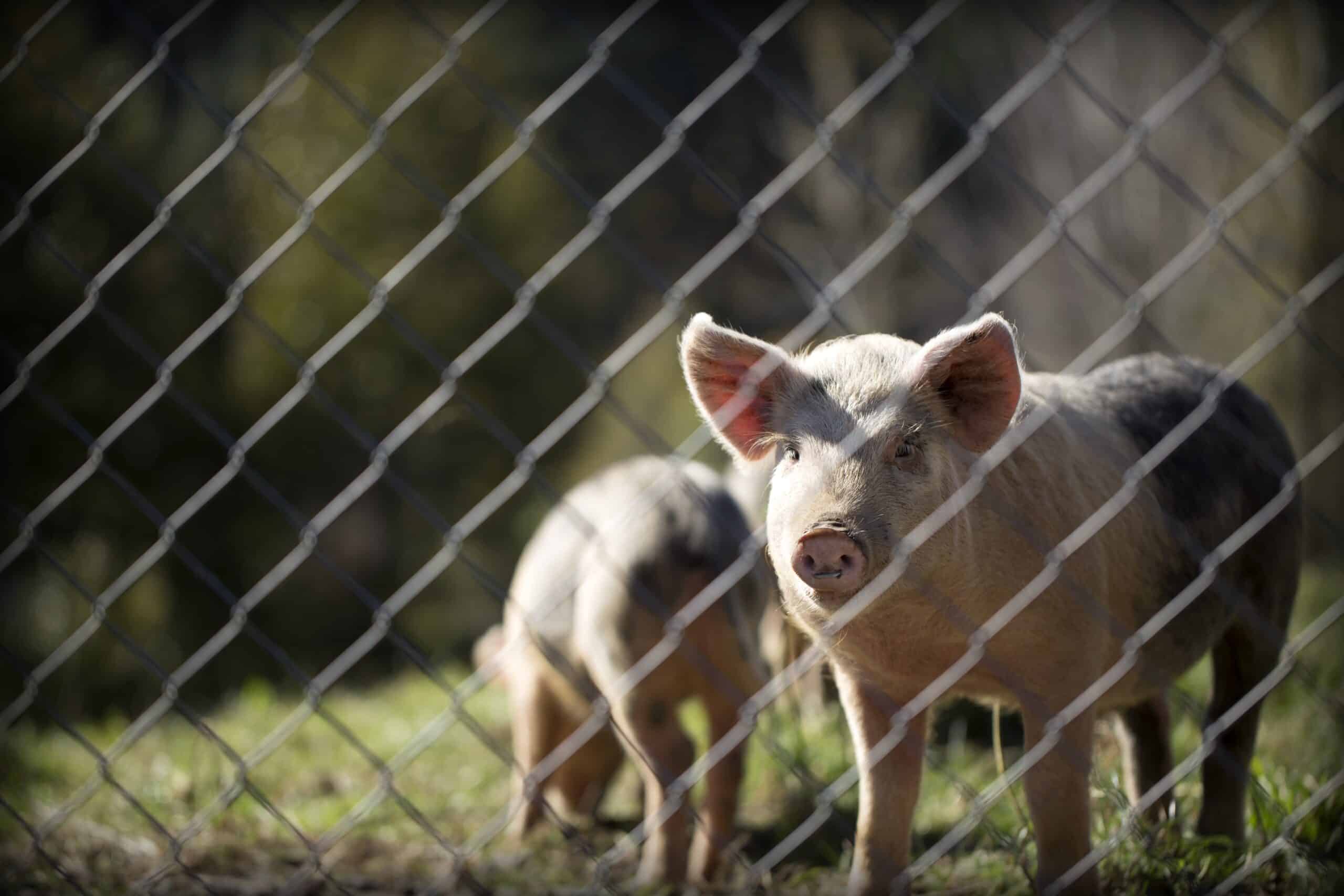Choline is a vital nutrient that plays a crucial role in poultry health by supporting growth, metabolism, and overall productivity. Classified as a water-soluble compound similar to B vitamins, it participates in several metabolic and biochemical processes. Poultry require choline for efficient fat metabolism, proper nervous system function, and optimal energy utilization. Since birds cannot synthesize enough choline on their own, it must be supplied through their diet. This article explains why choline is indispensable in poultry nutrition and how it enhances every poultry bird’s performance.
1. Understanding Choline: More Than Just a Vitamin
Though often grouped with the B vitamins, choline is a vitamin-like nutrient with distinct biological roles. It forms an essential part of phospholipids that maintain cell membrane integrity and serves as a methyl donor in key metabolic pathways. These functions are critical for growth, tissue maintenance, and energy metabolism.
While natural feed ingredients such as soybean meal contain choline, dietary supplementation is often necessary to meet the birds’ nutritional requirements and ensure peak performance.
2. The Role of Choline in Poultry Growth and Development
Choline contributes significantly to poultry growth and development by:
- Maintaining cell membrane structure for healthy tissue formation
- Supporting muscle and organ development, especially in rapidly growing broilers
- Enhancing feed conversion efficiency and growth rates
3. Choline and Fat Metabolism: Guarding Against Fatty Liver Syndrome
Choline is integral to lipid metabolism, particularly in preventing fat accumulation in the liver. It facilitates the transport of fats from the liver to other tissues, promoting better energy utilization and metabolic health.
Key Benefits for Liver Function:
- Prevents fatty liver syndrome, a common issue in laying hens
- Promotes efficient energy utilization
- Supports VLDL (Very Low-Density Lipoprotein) formation for effective lipid transport
4. Enhancing Egg Production and Hatchability
Choline also plays a pivotal role in reproductive performance, influencing both egg quality and hatchability.
How Choline Supports Reproductive Health:
- Promotes proper yolk formation for nutrient-rich eggs
- Strengthens eggshells, reducing breakage rates
- Improves embryo development and chick viability
5. Choline’s Impact on Nervous System and Brain Development
As a precursor of acetylcholine—a neurotransmitter vital for brain and muscle function—choline supports the neurological development of poultry.
Benefits Include:
- Enhanced early brain development and learning ability in chicks
- Improved nerve coordination and muscle control
- Better stress response and reduced behavioral issues
6. Dietary Sources of Choline for Poultry
Poultry derive choline from both natural and synthetic feed ingredients to fulfill their nutritional needs.
Common Sources:
- Natural: Soybean meal, fish meal, and egg yolks
- Synthetic: Choline chloride, which ensures consistent and accurate dosing
Balancing these sources in feed formulations is essential to maintain bird health, productivity, and reproductive efficiency.
7. Recognizing Choline Deficiency in Poultry
Choline deficiency can cause multiple health and performance challenges.
Common Symptoms Include:
- Poor growth and weak musculature in broilers
- Fatty liver accumulation and metabolic disorders
- Reduced egg production and weak hatchlings
- Neurological symptoms such as poor coordination and lethargy
Conclusion
Choline is an indispensable nutrient that underpins key physiological functions in poultry from growth and liver health to reproduction and neurological development. Ensuring adequate choline intake through balanced feed formulations and choline chloride supplementation supports better performance, welfare, and profitability. By prioritizing choline in poultry nutrition strategies, producers can promote healthier flocks and more sustainable production outcomes.




